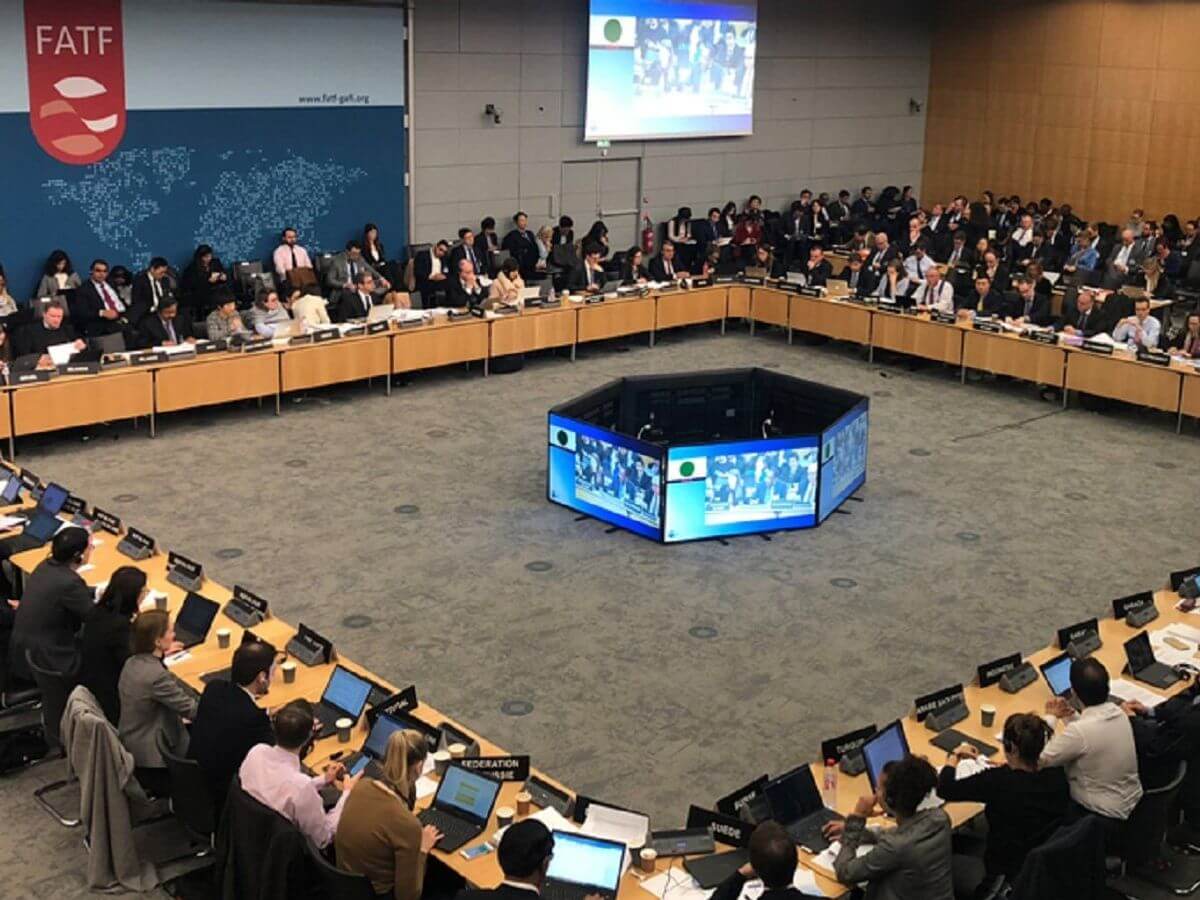Following a three-day virtual meeting conducted by the Financial Action Task Force (FATF) from 21-23 October, the group announced that Pakistan would continue to remain on its “grey list” or the list of “jurisdictions under increased monitoring.” The decision was made as Islamabad failed to fulfil six out of 27 of its targets on Anti Money Laundering/Countering the Financing of Terrorism (AML/CFT). The international terror financing and money laundering watchdog, which is based out of Paris, has given Pakistan an additional four months to fulfil its obligations. Once all 27 of its targets are met, the FATF will send a team to review the effectiveness of new policies implemented by Islamabad and assess whether they are in tandem with the group’s recommendations.
In its statement, the FATF said, “Pakistan has made progress across all action plan items and has now largely addressed 21 of 27 action items. As all action plan deadlines have expired, the FATF strongly urges Pakistan to swiftly complete its full action plan by February 2021.” Primarily, Pakistan has failed to crack down on non-profit organisations and charities that are linked to terrorist organisations that have been banned by the United Nations Security Council. Further, the FATF also expressed concern about Pakistan’s failure to prosecute individuals like Masood Azhar, the chief of Jaish-e-Mohammad, who security forces claim is “untraceable.” Accordingly, FATF President Marcus Pleyer warned Pakistan against delaying the implementation of the recommendations.
Pakistan was put on the “grey list” in June 2018 after India, who was supported by the United States (US), the United Kingdom (UK), and other European countries, highlighted the “strategic deficiencies” in Pakistan’s handling of the AML/CFT regime. Following this decision, Pakistan vowed to work towards a complete implementation of the 27-point plan, for which it was given until December 2019. The deadline was further extended during the February 2020 meeting to grant authorities in Islamabad more time to meet their obligations. However, the assessment of Pakistan’s progress was delayed due to the onset of the COVID-19 pandemic.
In the FATF, Turkey has emerged as a constant supporter of Pakistan. In fact, during the meeting last week, Turkey was the only country to support Pakistan’s bid to be removed from the list. Even China and Malaysia, who are traditional allies of Pakistan, refused to echo Ankara’s support.
The failure of Prime Minister Imran Khan’s government to implement the FATF’s recommendations has been met with strong criticism from opposition parties in Pakistan. The Pakistan Peoples Party (PPP) accused the government of focusing on a “constant anti-opposition narrative” rather than addressing more pressing issues faced by the country. PPP parliamentarian Sherry Rehman said, “It really is not rocket science. It’s been done before quite smoothly and could have been done again if only the government did not look and behave like the governance amateurs they are.”
The FATF statement is being seen as a victory for New Delhi, who has been attempting to garner international support against Pakistan’s role in sponsoring terrorism in South Asia. During the meeting, India raised several issues such as the Pulwama attack, the 26/11 Mumbai attack, and the Daniel Pearl murder case. Counter-terrorism officials in India have also said that Pakistan cannot satiate the FATF by making “cosmetic” changes, and would need to take substantive and tangible measures to exit the list in February.
Pakistan Fails in Bid to be Removed from FATF ‘Grey List’
Pakistan was put on the “grey list” in June 2018 over “strategic deficiencies” in its handling of the Anti Money Laundering/Countering the Financing of Terrorism regime.
October 26, 2020

The FATF meeting that was held in February 2020. SOURCE: TIMES NOW
